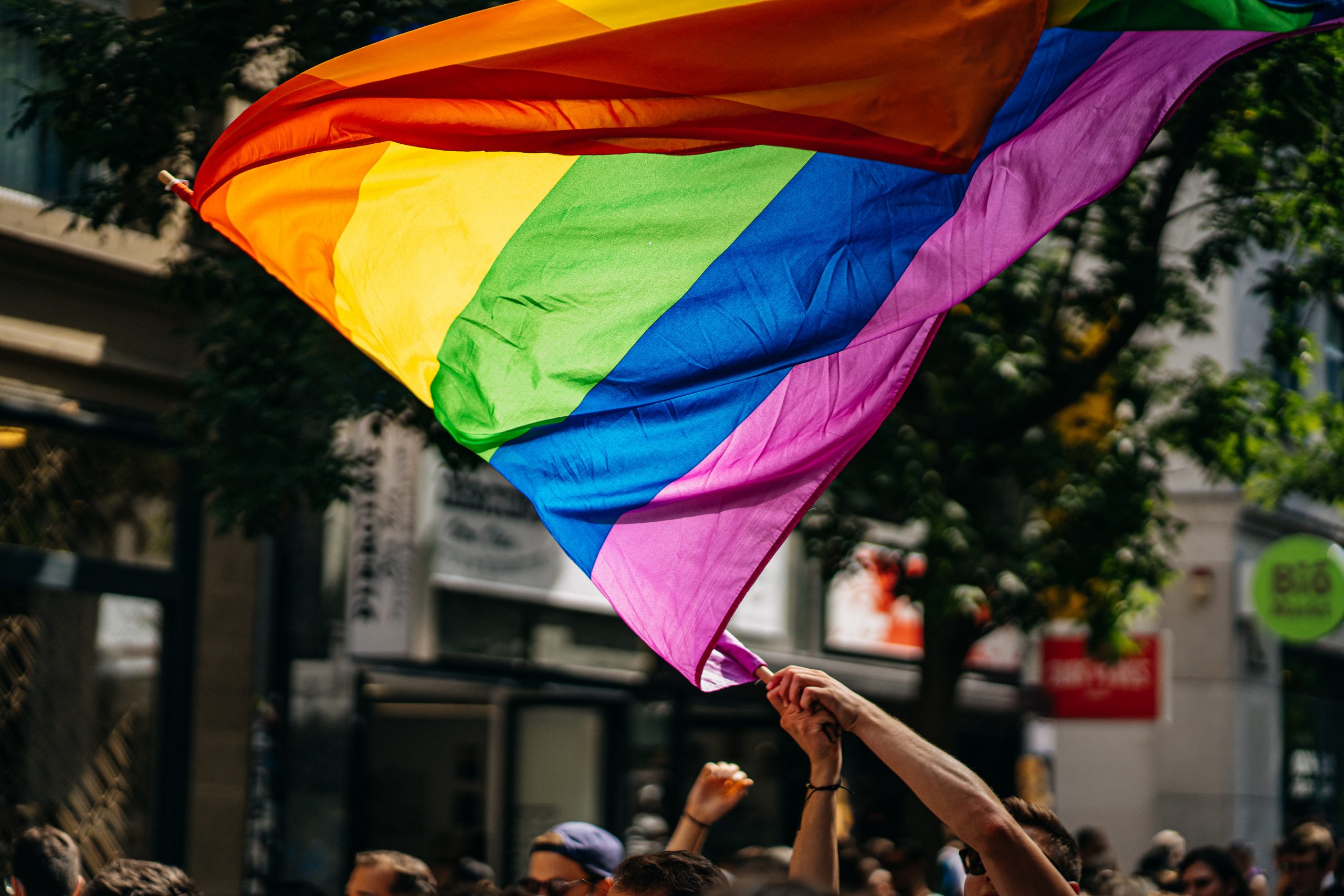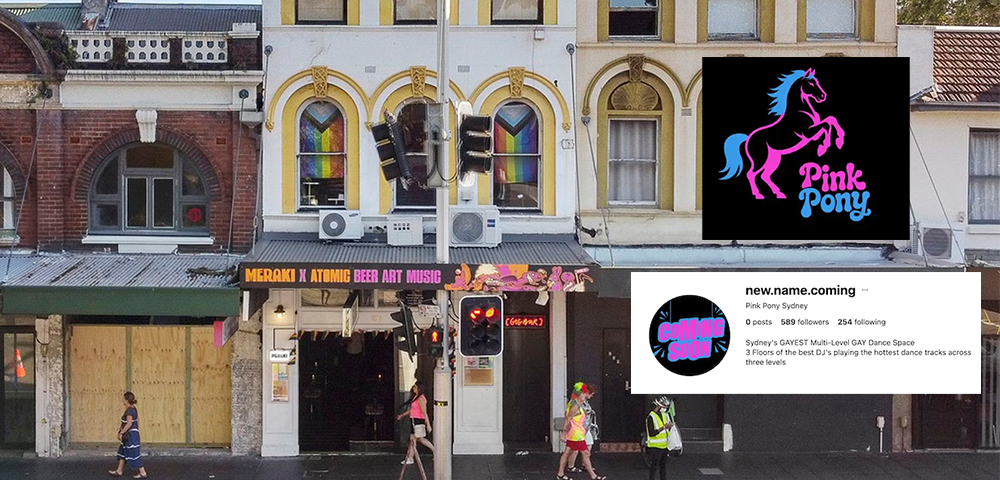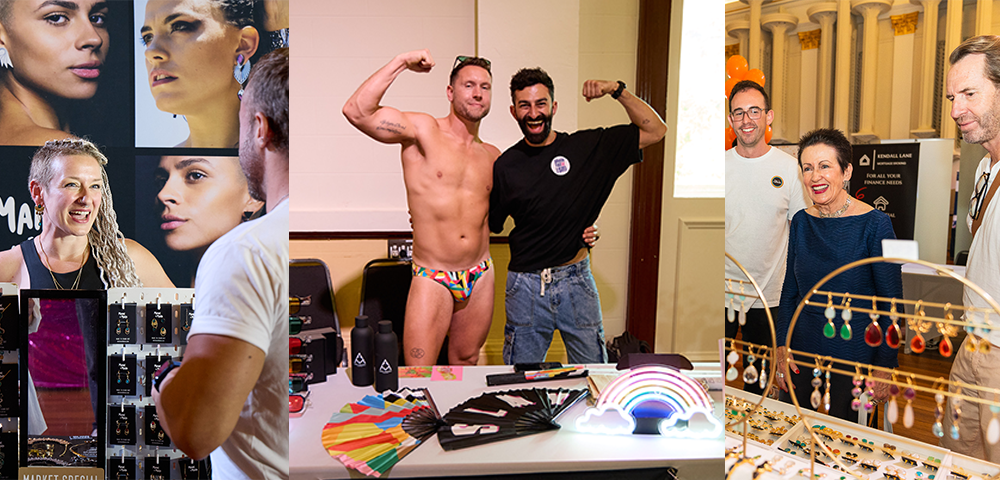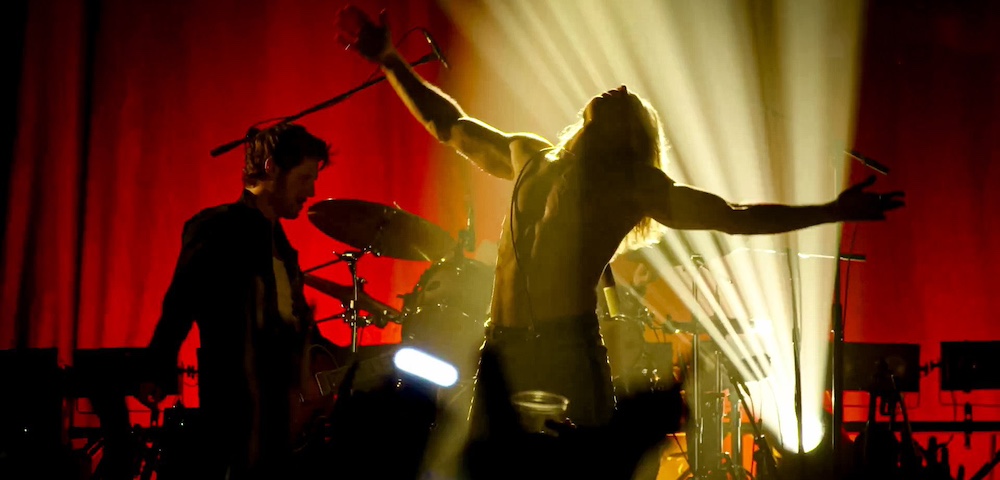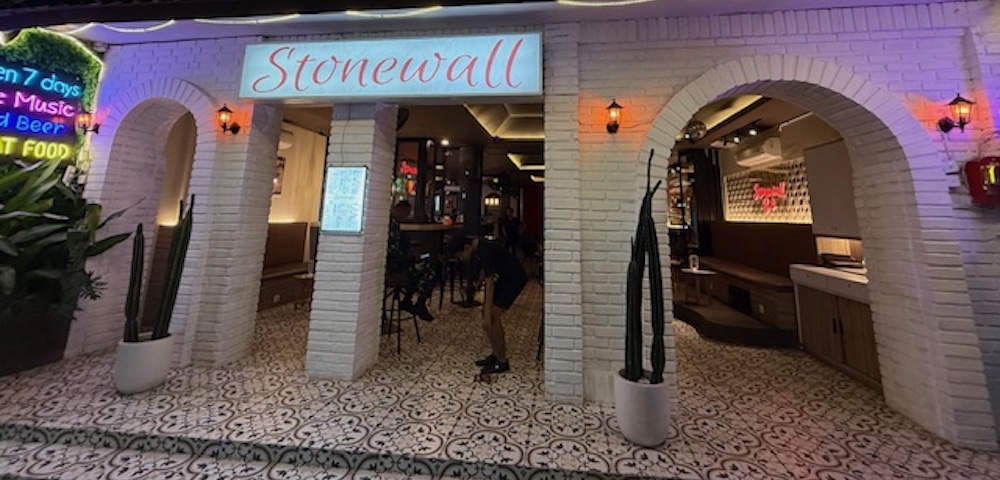
‘I wouldn’t be a journalist if I wasn’t gay’: David Marr on his new book ‘My Country’
David Marr’s My Country is a collection of stories, essays, and speeches over the last 40 years of his work. Matthew Wade caught up with him to find out more.
* * *
How did you go about selecting the stories you wanted to include in My Country?
It took me months to find the plain courage to go back and look at the stuff I’d written 40 years ago. Then I had to work out which pieces still spoke to people in some way, and there were some pieces I’d completely forgotten doing. In 1974, there was a federal election, and I’d been a journalist for less than a year. Whitlam had been elected in ‘72, and over those two years he’d begun to do things for Aboriginal Australians that had never been done before.
As a result, Labor did really badly in northern Queensland, and I was sent up there in the aftermath of the election. There’s this piece I wrote at the time where I quoted people, and what they said was just naked racism. What was going to become much more masked and nuanced over the next 20 or 30 years was naked then, and it was quite thrilling to read in a bizarre way. I thought, that piece survives.
How did it feel to revisit the work? Did you learn anything about your writing?
When I started out, I was much more optimistic than I am now, and I had this notion that if you laid the facts out clearly and carefully, that somehow things would change. I also had a lot to learn about the play between the naturally mild progressiveness of Australia and the natural hostility to change in Australian politics.
Change is so hard in this country, because it’s so skillfully resisted. But we demand change, and in the end we get things right. Not everything though – there’s a hell of a lot we still need to get right.
What about your coverage of LGBTI issues? What are some of the biggest changes you’ve noticed through your work?
The hostility towards changing the machinery of politics. It’s always a matter in every state and territory of people compelling politicians to act.
In some places the hostility was more deeply ingrained, but in New South Wales for example, where Mardi Gras had already become an event the state boasted, it was still a crime to have a fuck.
You reported on the very first Mardi Gras – did you realise it would be such a historic event?
Yes. I knew it would be because what I’d seen there was something I’d read about in history books, and that was the way in which those who resist change destroy themselves by overreacting. What the police did that night, the community couldn’t live with. I spent a fortnight finding everybody I could who was at the march, and wrote a long narrative piece that tried to explain minute by minute what happened.
I was out to my colleagues, but I was incredibly nervous. I was nervous about writing a big gay piece in a Fairfax publication. But my editor said David, this is what journalism is about; one of the most thrilling things anybody has ever said to me in my career.
As a gay writer, did you ever face any barriers or hurdles during your career?
I did have an editor at one stage who had a weirdly hostile view of homosexuals, and believed they were all like the Liberal Party and went away and made rules together, and that every homosexual knew every other homosexual.
But I would never claim my career has suffered from being gay. In fact, I wouldn’t be a journalist if I wasn’t gay. If I was a happily married man I’d either be a District Court judge or the bishop of a small Anglican Diocese.
Is there an LGBTI issue or topic you feel isn’t currently given enough attention in the media?
I have been banging my head against brick walls for something like twenty years about religious exemptions to anti-discrimination laws. They are monstrous, and politicians have shown very believable cowardice in never fixing them, except in complicit Tasmania.
I attacked Gillard in 2013 when she brought sexuality under the commonwealth anti-discrimination act, and gave all these exemptions to the churches. I called it a bigot’s charter. And then a few weeks ago, the Ruddock review recommendations were leaked, and the dam burst.
Do you have any advice for young LGBTI people in Australia?
Actually, I have advice to the straight community. Don’t think it’s easy now for LGBTI kids just because the laws have changed, and just because community attitudes have so dramatically changed. They live with their families and they grow up in communities where expectations and rules and morals can still bring terrible pain into their lives.
I suspect playgrounds are tougher now for LGBTI kids than they were when I was at school because it’s all so much more open, and visible, and therefore the bullying can be more visible.




